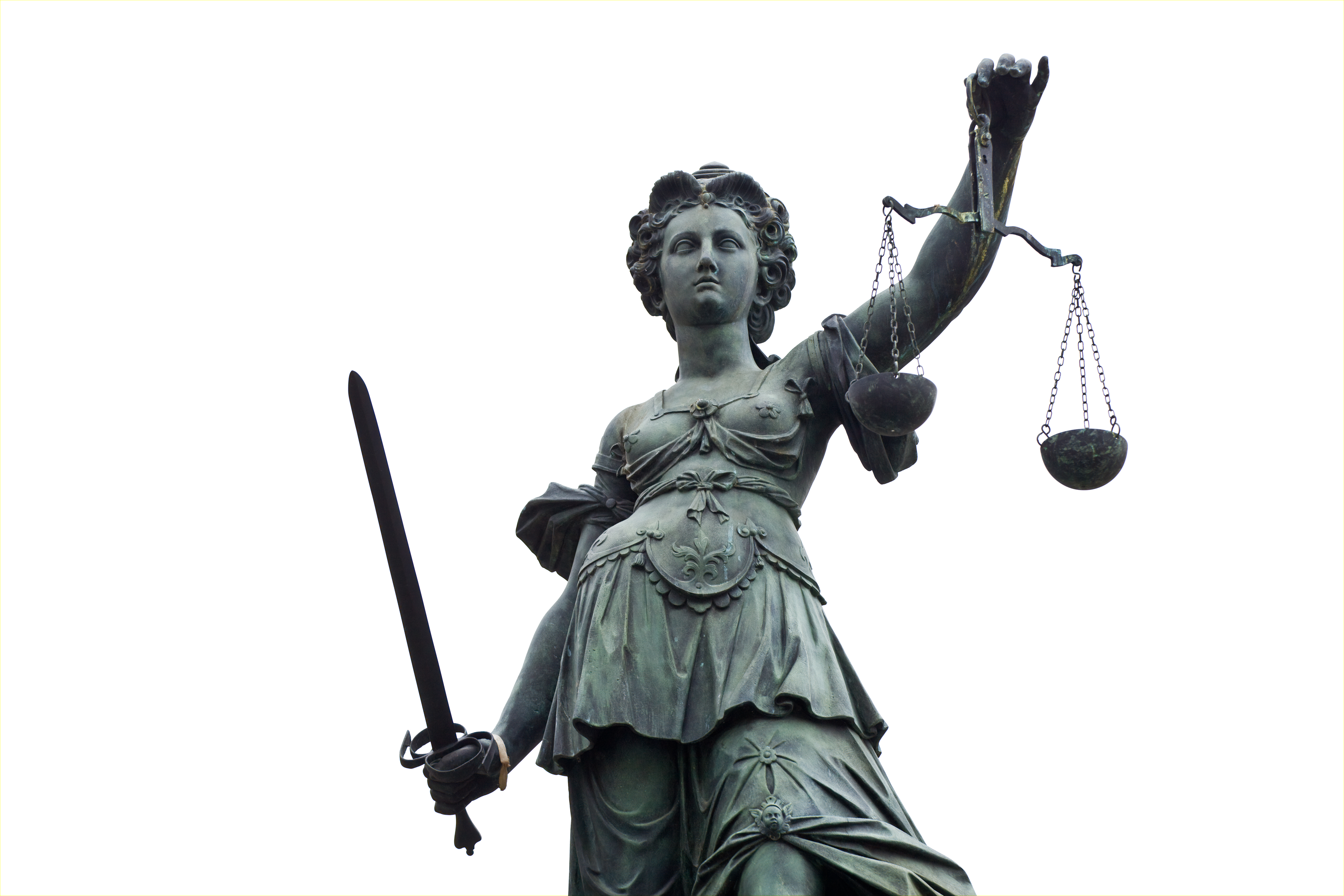The protests that have swept the country in recent weeks have brought issues of systemic inequality in law enforcement sharply into view. But there are blindspots across the justice system that speak to how ingrained racism is in the U.S., and one new study out of UC Berkeley shows just how disproportionately prosecutors remove Black and Latino individuals from serving as jurors, limiting their representation as officers of the court.
The study, titled “Whitewashing the Jury Box,” was led by law professor Elisabeth Semel of Berkeley law school’s Death Penalty Clinic. They examined roughly 700 cases decided by California’s Courts of Appeal between 2006 through 2018 that involved prosecutors striking jurors from the jury box using peremptory challenges. Prosecutors removed Black prospective jurors in 72% of these cases and Latino jurors in 28% of cases. White people only got removed 0.5% of the time.
Citing the report, the Los Angeles Times noted that some of the reasons prosecutors might reject a person is because of their demeanor, connection to someone involved in the criminal justice system, or because they expressed distrust of law enforcement and/or a belief that law enforcement is biased because of race/socioeconomic class.
The idea of striking a potential juror based on “demeanor” can sound especially confounding and even arbitrary. “Prosecutors in these cases successfully used their peremptory challenges against African Americans because they had dreadlocks, were slouching, wore a short skirt and ‘blinged out’ sandals, visited family members who were incarcerated, had negative experiences with law enforcement… or lived in East Oakland, Los Angeles County’s Compton, or San Francisco’s Tenderloin,” the report said.
Meanwhile, when it came to Latinos, prosecutors successfully struck them “for frowning, appearing confused, wearing large earrings, stating that a loved one had been wrongfully accused of a crime and expressing a belief that the criminal legal system treats people differently based on their race.”
The report also looked at training issues that have led to prosecutors’ reasoning. According to the report, prosecutors view an “ideal juror” as “an educated, stable professional and are advised to avoid jurors who are less educated, blue-collar or unemployed or underemployed.”
“They are, in other words, instructed to exploit the historic and present-day differential treatment of whites and people of color, especially African Americans and Latino people, by the police, prosecutors, and the courts,” the report said.
